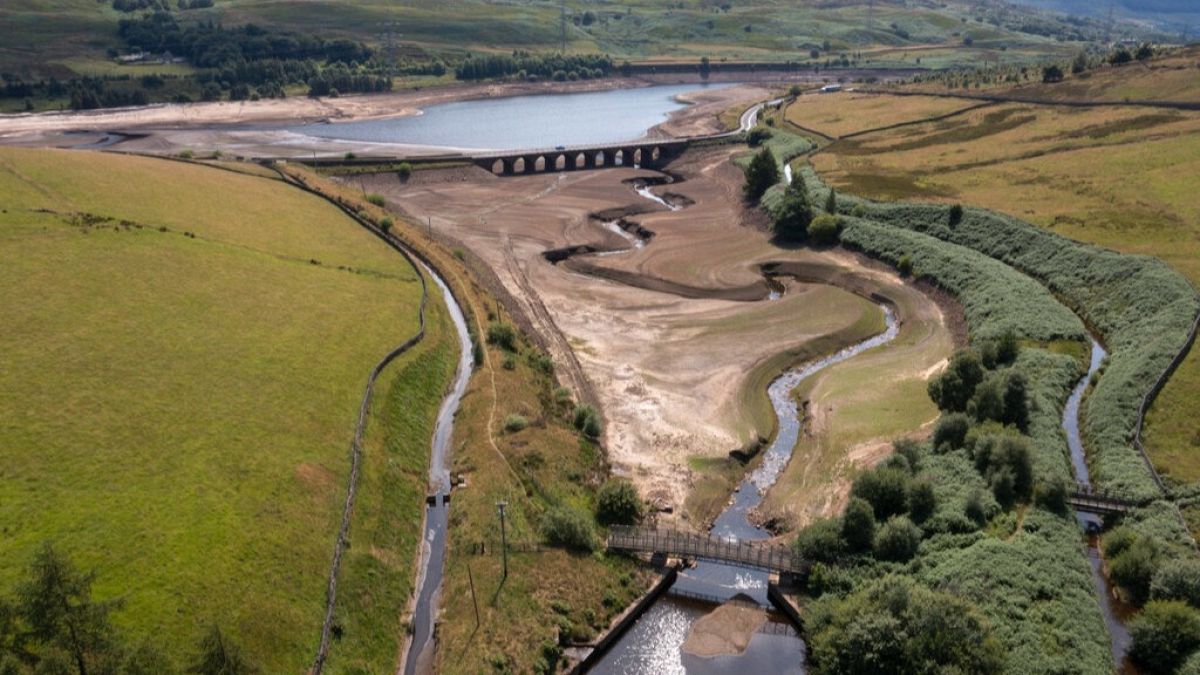

In a world increasingly affected by environmental challenges, various developments are underway to address these concerns, ranging from innovative solutions in energy efficiency to policy reforms aimed at safeguarding natural resources. Recent initiatives in the UK, Germany, Greece, and the Mediterranean region highlight diverse approaches to sustainability and climate resilience.
The UK government is taking decisive action to address water management challenges, particularly in light of recent issues at Thames Water. A new water regulator is set to replace Ofwat, with a focus on preventing previous misuses and ensuring a more sustainable and accountable system moving forward. This restructuring aims to provide long-term solutions for water conservation and resource management, offering a new chapter in the UK’s approach to environmental oversight.
Meanwhile, in Hamburg, Germany, an innovative district heating system is significantly contributing to environmental conservation efforts. The city utilizes waste heat from its copper smelter to supply hot water to homes, thus reducing carbon emissions. This initiative exemplifies how industrial byproducts can be repurposed to create a sustainable heating solution, demonstrating a functional intersection of industry and environmental stewardship. Such systems not only preserve energy but also enhance urban living conditions while providing a blueprint for other cities aiming to reduce their carbon footprint.
Greece is taking an active role in ocean conservation by establishing two new national marine parks. These parks are designed to meet ocean protection targets set for 2030 ahead of schedule, reflecting the country’s commitment to preserving marine biodiversity. The move also carries diplomatic significance, underscoring the importance of cooperative efforts in regional environmental protection and setting a precedent in maritime ecosystem preservation.
Addressing rising temperatures and the increasing frequency of heatwaves in urban environments, the concept of climate shelters is gaining traction as a viable solution. With energy poverty leading to vulnerabilities during extreme weather events, these shelters provide essential cooling spaces. They are being adopted in cities to mitigate the impact of heatwaves, offering a refuge that promotes health and well-being for residents. This approach highlights the need for cities to evolve and adapt to changing climate conditions, prioritizing public safety and environmental health.
In the Mediterranean, science and policy intertwine as maritime heatwaves pose challenges for marine ecosystems. With sea surface temperatures off Spain and Portugal reaching unprecedented levels, concerns are growing about the effects on marine life. The rise in temperature can disrupt ecosystems and biodiversity, showcasing the pressing need for comprehensive strategies to manage and mitigate the impacts of climate change on the oceans.
Reflecting on business and environmental goals, companies are re-evaluating their climate objectives to align more closely with sustainability principles. The argument is made that products and actions that harm the environment cannot be considered high-quality. This perspective urges businesses to adopt more environmentally responsible practices, ensuring that their operations contribute positively to ecological balance and sustainability.
Together, these stories present a tapestry of coordinated efforts in conservation and sustainability. They highlight the increasing awareness and dedication to building a more resilient and environmentally conscious society. Through strategic initiatives, policymaking, and technological advancements, there is a collective movement toward ensuring a healthier planet for future generations. These endeavors demonstrate not only a response to the urgent demands of today but also a hopeful glance towards more sustainable and mindful environmental custodianship.
Source: {link}
